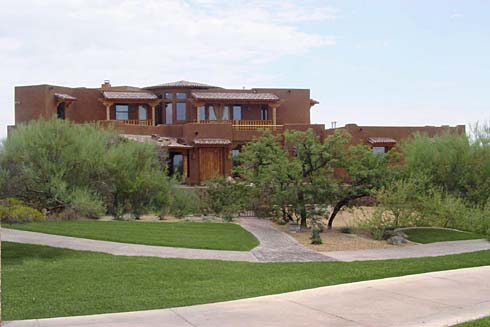RESIDENT MANAGER
The Role of a Resident Manager in Real Estate
In the realm of real estate, particularly within the context of apartment complexes, the role of a resident manager holds significant importance. A resident manager is an individual who undertakes the responsibility of supervising the care and overall management of an apartment complex while residing in one of the units within the complex. This unique arrangement often proves beneficial for both property owners and tenants, as the resident manager serves as a convenient point of contact for addressing various operational and residential concerns.
Key Responsibilities
The responsibilities of a resident manager are diverse and multifaceted, encompassing a wide array of tasks essential for the efficient functioning of an apartment complex. These responsibilities may include:
Overseeing the maintenance and upkeep of the property, including addressing repair needs and ensuring that the premises are well-maintained.
Serving as a primary point of contact for tenants, addressing their inquiries, concerns, and requests in a timely and efficient manner.
Enforcing property rules and regulations, thereby contributing to the maintenance of a safe, orderly, and harmonious living environment.
Coordinating with external service providers, such as maintenance contractors or utility companies, to ensure that essential services are promptly attended to.
Conducting property inspections and ensuring compliance with safety and regulatory standards.
Benefits for Property Owners and Tenants
The presence of a resident manager within an apartment complex offers several advantages for both property owners and tenants. For property owners, having a resident manager on-site can facilitate proactive property management, as immediate attention can be given to maintenance issues and tenant concerns. This can contribute to the preservation of the property's value and the overall satisfaction of tenants.
The presence of a resident manager within an apartment complex offers several advantages for both property owners and tenants. For property owners, having a resident manager on-site can facilitate proactive property management, as immediate attention can be given to maintenance issues and tenant concerns. This can contribute to the preservation of the property's value and the overall satisfaction of tenants.
On the other hand, tenants benefit from the convenience of having an accessible and responsive individual on-site to address their needs. The presence of a resident manager can enhance the sense of security and assurance among tenants, fostering a conducive living environment.
Conclusion
In conclusion, the role of a resident manager in real estate plays a significant part in ensuring the smooth operation of apartment complexes and the well-being of its residents. The resident manager's unique position as both a supervisor and a resident cultivates a sense of community and attentiveness, contributing to a positive living experience for tenants while concurrently supporting the efficient management of the property.
As a vital liaison between property owners and tenants, the resident manager embodies the commitment to maintaining the quality of living spaces and upholding the standards of property management within the dynamic landscape of real estate.
Can you elaborate on the qualifications and skills required for a resident manager role?
How does the presence of a resident manager impact the overall sense of community within the complex?
What are some potential challenges that a resident manager may face in this role?
MORE REAL ESTATE TERMS
A, B, C, D, E, F, G, H, I, J, K, L, M, N, O, P, Q, R, S, T, U, V, W, X, Y, Z
Featured New Home

Featured Mortgage Brokers
- Ross Mortgage Corporation, mortgage broker in Royal Oak, MI
27862 Woodward Avenue
Royal Oak, MI 48067 - WESTSTAR MORTGAGE CORP, TUMWATER, WA
2620 R W JOHNSON RD SW # 104
TUMWATER, WA 98512 - CARLILE PROPERTIES, SACRAMENTO, CA
1009 22ND STREET, 3A
SACRAMENTO, CA 95816 - EVOLVE BANK & TRUST, TULSA, OK
5110 S YALE AVE STE 500
TULSA, OK 74135 - FIRST PREFERENCE MTG CORP, BOWIE, MD
1525 POINTER RIDGE PL
BOWIE, MD 20716